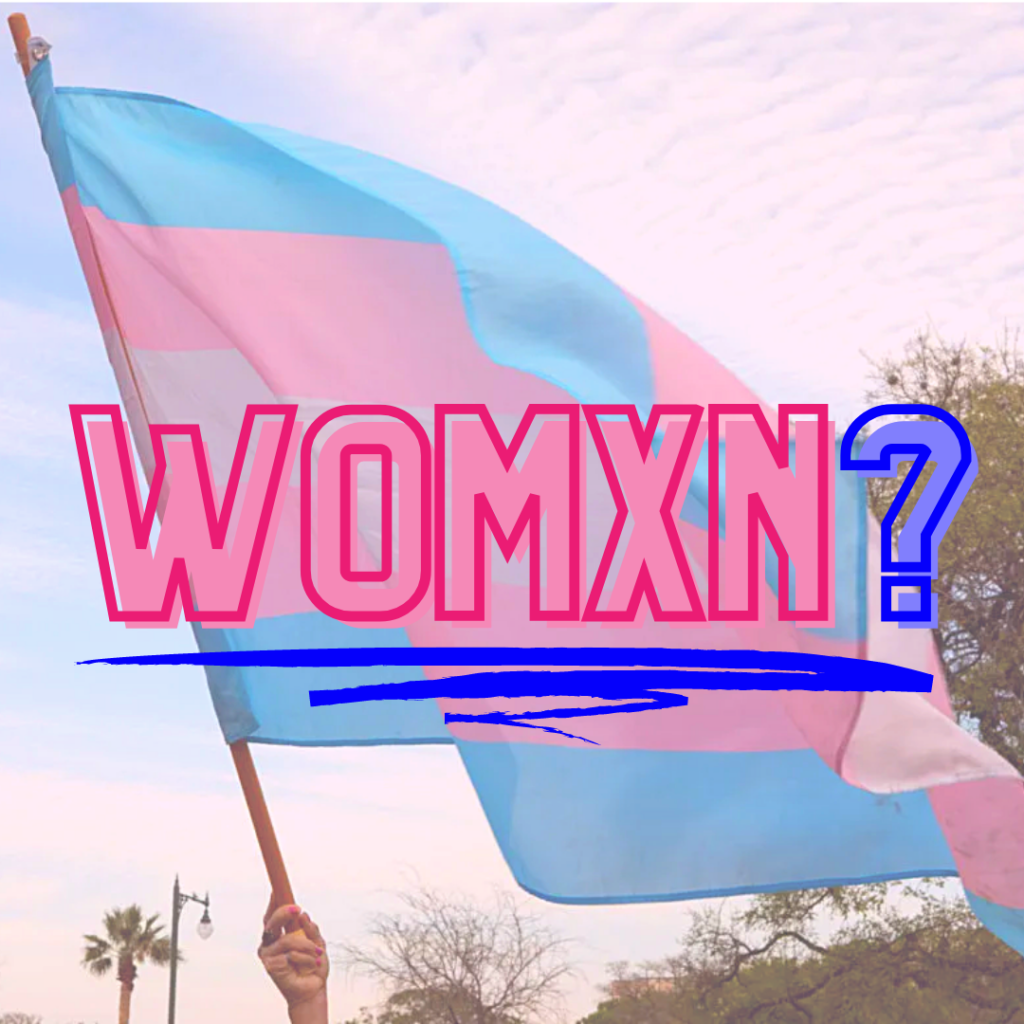‘Womxn.’ This term emerged in recent years as an attempt by intersectional feminism to create a phrase that would be inclusive of trans women and non-binary individuals, as well as to coincidentally move away from patriarchal language.
With ideas of what defined the term ‘woman’ having been dictated by men for centuries, and consistently being used to ostracise those who identify outside of the heteronormative, the creation of the term was to boldly challenge and dismiss male-streamed projections of what defined or composed womanhood and femininity. ‘Womxn’ was, up until now, embraced by The New Feminist Team as a progressive and celebratory way to include all of our readers, and those whom we aim to represent.
But we have since come to the realisation that the term does not align with our values, and let me tell you why. To prescribe one term to cisgender women and another to those who are trans or non-binary is to perpetuate the very divisions, prejudice and ideas of difference that we, as new feminists, are working to break down.
While the term is full of good intent, transgender women are still women, and we should take pride in calling them so. To call them womxn is to somehow suggest that they are not deserving of the same right to identify as a woman as those who are cis, which we of course innately disagree with. This term is not only damaging for the trans community but for anyone who identifies as non-binary or third-gendered, as it misgenders an already underrepresented group of people. As a magazine, we support all genders and proudly fight for the right of trans women.
But let me stress why acknowledging this change is so important. As new feminists, as women, as people, we are on a constant learning journey. Like many of you, we too are still finding our feet in the large, expanding and often all-too-confusing world of feminism. We will inevitably make mistakes, and we will inevitably change our minds as we go. But that is okay.
To be a new feminist is to discover feminism in our own way and through our own experiences. It is to learn as we go. It is to expose ourselves to different people, their views and their experiences. But most importantly, it is to be constantly engaged in the conversation, even if that conversation forces us to confront our own mistakes and misjudgements.
